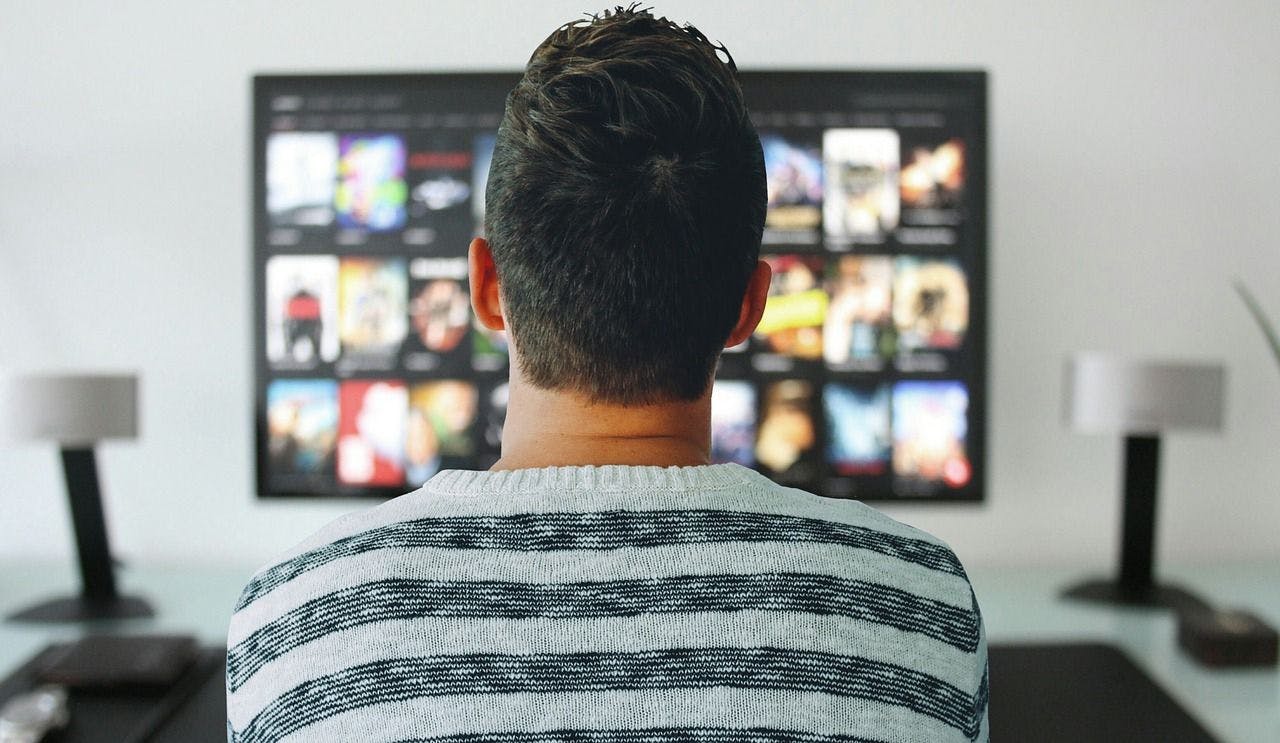Brits Spend One Month Watching TV Alone Each Year
updated on Mar 20, 2019

Lonely Brits spend a total of one month every year watching TV by themselves, a new study has revealed
According to a recent study, 62% of lonely people put on the TV for company, with 31% listening to the radio, and 27% talking to their cat or dog. 7% have admitted to asking electronic assistants Alexa and Siri a question to help combat the silence.
The new research, conducted by Rotary Great Britain and Ireland, has revealed almost half of British adults are lonely, with 41% feeling most alone when they return home from work each evening. Previous reports from the Office of National Statistics reported 5% of adults feel lonely “often” or “always”, with young adults aged 16-24 feeling lonely more often than older generations.
New figures reveal the British public spends an average of three and a half hours alone in front of the TV each day. In contrast, we spend just two hours with friends and family daily.
An overwhelming 66% said they were happy with the amount of time they currently spend socialising, while 25% of respondents expressed a desire to socialise more. Just 4% said they would like to socialise less on a typical day.
Figures revealed that on average, we have five close friends with whom we feel close enough to discuss personal issues. For those aged 25-34, this rises to an average of seven. Amongst older participants, one fifth expressed feeling they had one or no close friends.
How close we feel to different people in our lives seems to vary greatly. 34% of respondents reported feeling close to their mothers, while only 22% felt close to their fathers. 40% feel close to their siblings. When it comes to other relationships, 62% felt close to their partner. Only a quarter (26%) feel close to work colleagues, a fifth (20%) to college or school friends, and just 15% feel close to our neighbours.

Amanda Watkin, General Secretary for Rotary International in Great Britain and Ireland, said:
“How sad that loneliness is so prevalent in these modern times. No one should have to spend so much time alone in front of the TV or feel they need to chat to Alexa or Siri for company.
“People seem to be losing the art of socialising with each other and relying on technology instead. That’s why we’re encouraging people to seek out new groups or volunteering opportunities as a way to meet new people and have the opportunity to socialise within their local community.”
Loneliness can have a significant impact on our sense of wellbeing. Emotional loneliness (when we miss the company of a specific person), and social loneliness (a wider social network of friends or colleagues) can affect anyone, across any point in our lives. It’s human nature to crave companionship and compassion; when this is taken away, we can feel isolated and lonely.
Chronic loneliness, while not a mental health problem, is closely linked with mental ill-health and unhappiness. Associated with depression, stress, and sleep problems, those experiencing loneliness may feel like they have nowhere to turn, or may feel unsure where they can turn to seek help.
To discover more about how you can make new connections, combat loneliness, and find support, visit Counselling Directory. To find an experienced counsellor who can support you, use the search bar below.

